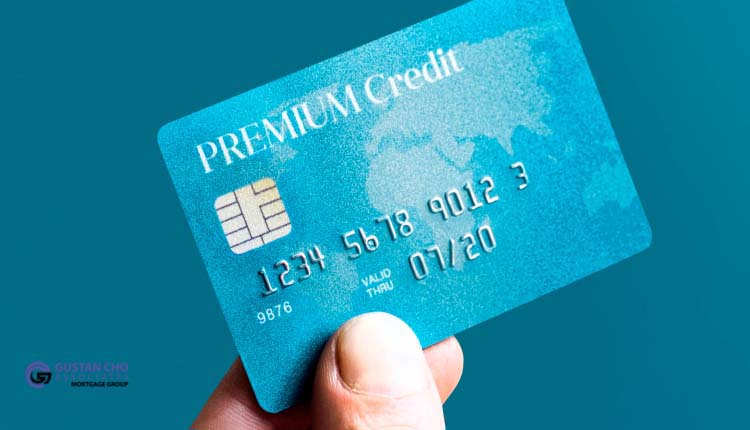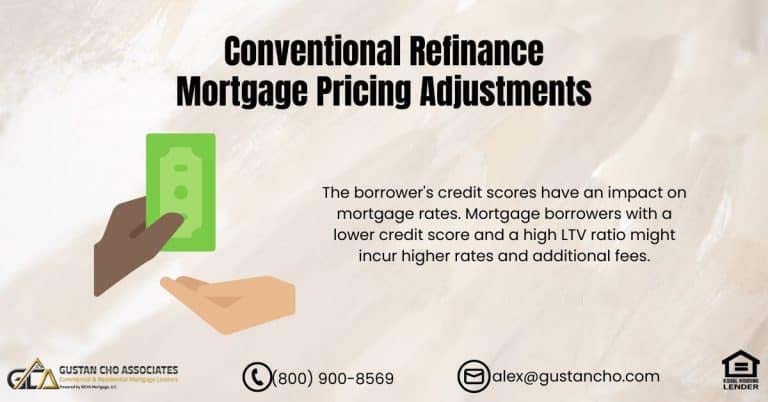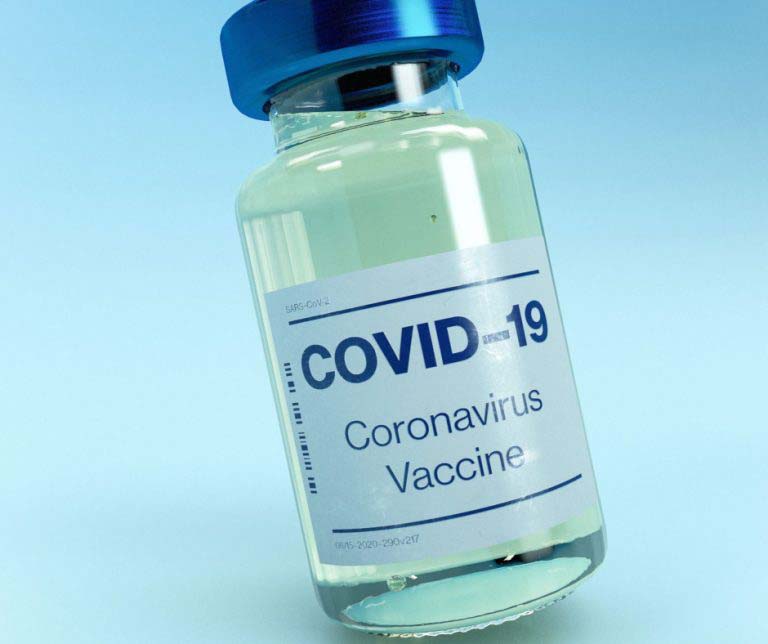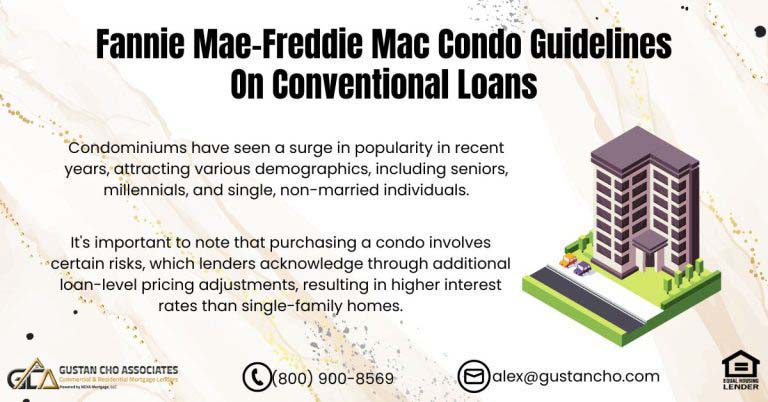This guide covers the credit scores required for FHA and VA loans. Many borrowers are confused about the credit scores required for FHA and VA loans. Lenders tell borrowers conflicting credit scores required for FHA and VA loans when trying to qualify for a mortgage.
The VA has no minimum credit score requirement: Most lenders will not approve borrowers under 580 credit scores as part of their lender overlays. This also holds true for VA loans.
Over 80% of our borrowers at Gustan Cho Associates could not qualify for a mortgage due to lender overlays. Gustan Cho Associates has no lender overlays on government and conventional loans. In the following paragraphs, we will cover the credit scores required for FHA and VA loans.
Agency Guidelines versus Lender Overlays on Government and Conventional Loans
Credit score requirements for FHA (Federal Housing Administration) and VA (Department of Veterans Affairs) loans can vary. Lenders may have their specific requirements, so it’s essential to check with individual lenders for the most up-to-date information. Two different types of credit scores are required for FHA and VA loans. Agency guidelines and the credit scores required for FHA and VA loans by each mortgage lender are called lender overlays.
Speak With Our Loan Officer for Overlays On Government And Conventional Loans
HUD Agency Guidelines on FHA Loans
The HUD, the parent of FHA, doesn’t have a strict minimum credit score requirement. HUD agency guidelines require a FICO score of at least 580 for the 3.5% down payment option. Borrowers with credit scores between 500 and 579 may still qualify, but per HUD agency guidelines, they must make a larger down payment, typically 10%.
VA Loans Agency Guidelines
The VA doesn’t set a minimum credit score requirement either. Lenders often look for a credit score of around 620 or higher, but some may be willing to work with lower scores. VA loans are known for being more flexible regarding credit requirements compared to conventional loans.
Most lenders do have lender overlays on credit scores. This is why lenders have different credit score requirements on FHA and VA loans.
It’s crucial to note that individual lenders may have overlays, which are additional requirements or higher standards imposed by the lender on top of the basic loan program requirements. Some lenders might have stricter credit score requirements than the minimums suggested by the FHA or VA.
Not All Lenders Have Credit Scores Required on FHA and VA Loans
Many of our borrowers met the minimum FHA or VA agency mortgage guidelines but went to lenders with higher lending requirements.
All lenders need to have their borrowers meet the minimum agency guidelines. However, lenders can have higher lending standards of their own, called lender overlays.
For example, to qualify for a 3.5% down payment FHA loan, the borrower needs a minimum credit score of 580. Many lenders require 620 to 640 credit scores on FHA loans, even though the minimum credit score requirement is 580 for a 3.5% down payment home purchase FHA loan. This is because most lenders have lender overlays on FHA, VA, USDA, and conventional loans.
Qualify For FHA And VA Loans, Contact Us
Agency Mortgage Guidelines Versus Lender Overlays
Not too many lenders will do FHA loans with a 580 credit score. Most lenders require a 640 or higher credit score on FHA loans. Why do lenders require a 640 to 680 credit score for a 3.5% down payment home purchase FHA loan when FHA guidelines state all that is needed is a 580 credit score?
Not all lenders have the same lending requirements on government and conventional loans. This is because lenders can have higher lending guidelines called lender overlays.
Overlays are lending guidelines above and beyond the minimum agency mortgage guidelines. Therefore, not all lenders have the same mortgage guidelines. The great news is that Gustan Cho Associates is a national lender with no lender overlays on government and conventional loans. This article will cover credit scores required for FHA and VA loans by homebuyers.
More About Credit Scores
The previous payment history of the borrower suggests future payment forecasts. Lenders want borrowers who can repay their new housing payments. Credit scores range from a low of 300 to a high of 850. It is categorized into five ranges. Here are the categories in which credit scores are grouped:
- Very Poor: 300–579
- Fair: 580 – 669
- Good: 670–739
- Very Good: 740–799
- Exceptional: 800 – 850
Credit scores fluctuate every day. Credit Scores are one of the most important factors lenders consider when qualifying mortgage borrowers. A high credit score means financial responsibility. The higher the credit scores, the lower the mortgage rates.
Agency Credit Scores Required For FHA and VA Loans
All loan programs, except VA loans, have minimum agency credit score requirements. The minimum agency credit score requirement on FHA loans for a 3.5% down payment home purchase FHA loan is 580 FICO. Borrowers with credit scores under 580 FICO down to 500 credit scores can qualify for FHA loans with a 10% down payment. Mortgage companies can impose their higher credit score requirement, called lender overlays. Lender overlays are lending requirements imposed by the lender that are above and beyond the minimum agency mortgage guidelines.
Get Contact For Credit Scores Requored For FHA And VA Loans
Minimum Credit Scores on VA Loans

Eligibility for VA loans is often tied to military service, so veterans should check their specific eligibility criteria with the VA.
Only borrowers who have served in a branch of the U.S. military with a valid certificate of eligibility are eligible to qualify for VA loans. You can apply at ebenefits.va.gov or call 877-827-3702 for more information to find your eligibility. The great news is that Gustan Cho Associates has no lender overlays on government and conventional loans.
Understanding Lender Overlays Imposed By Lenders
Not all lenders have the same credit score requirements on FHA and VA loans. If you are told you do not qualify for a mortgage by a lender, go to a different lender with no lender overlays. It is highly recommended that you research the basic agency mortgage guidelines.
Lender overlays are mortgage guidelines above and beyond the minimum agency guidelines. Mortgage companies can have lender overlays on just about anything.
Although FHA requires a 580 FICO to qualify for an FHA loan with a 3.5% down payment, many lenders will require a 640 to 680 credit score requirement. HUD allows borrowers with credit scores under 580 and down to 500 FICO to qualify for FHA loans with a 10% down payment. The VA does not have any minimum credit score requirements. Most lenders require a minimum credit score of 640 to 680 FICO on VA loans. The great news is that Gustan Cho Associates Mortgage Group has no lender overlays on government and conventional loans.










My fiancé applied for a FHA loan. His credit score was in mid 600 range. Zero outstanding debt. His credit report showed two items. One was a unpaid collection for Patient 1st. The 2nd was a old unpaid charge off cable bill. On the advise of the lender he paid both bills and presented receipts to the lender as proof of payment. Lender than requested he contact credit bureaus and dispute entries. He did and entries were removed. This resulted in a complete LOSS of his Fico Credit Score. Lender than decided they could NOT underwrite the loan at all. He lost the contract on the home he wanted to purchase, because he had to than go through a 6-8 month process to rebuild his credit. We believe the lender made him go through unnecessary steps during this loan process. Why wasn’t the clearing up of what amounted to 400.00 of old charge off debt worth him losing the loan. What they asked him to do under minded his ability to purchase his home. Does he have any recourse against this lender?